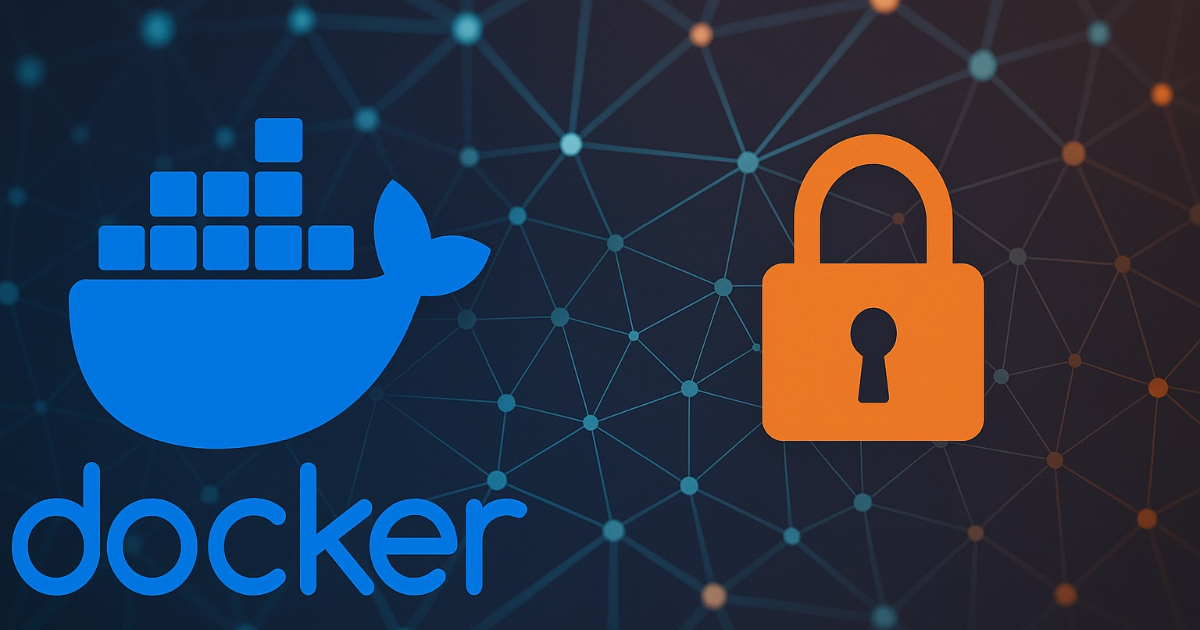
"Docker warns that AI-powered developer tools built on the Model Context Protocol (MCP) are introducing critical security vulnerabilities - including real-world cases of credential leaks, unauthorized file access, and remote code execution."
"AI agents running with elevated access to the filesystem, network, and shell can execute unverified instructions from untrusted sources, leading to dangerous patterns."
"In one high-profile case, a popular OAuth proxy used in MCP servers was exploited to execute arbitrary shell commands during login, compromising nearly half a million developer environments."
"Over 43% of MCP tools are affected by command injection flaws, with a significant percentage enabling unrestricted outbound network access and tool poisoning."
AI-powered developer tools using the Model Context Protocol (MCP) present critical security vulnerabilities, including real-world issues such as credential leaks, unauthorized file access, and remote code execution. These tools are deeply integrated into development environments but often lack adequate safeguards. With many instances where AI tools executed commands without user consent, Docker highlights the risks of excessive access for AI agents. The MCP protocol, though designed for standardization, has multiple flaws in its implementations. Noteworthy vulnerabilities, like CVE-2025-6514, led to significant security breaches affecting developer environments.
Read at InfoQ
Unable to calculate read time
Collection
[
|
...
]